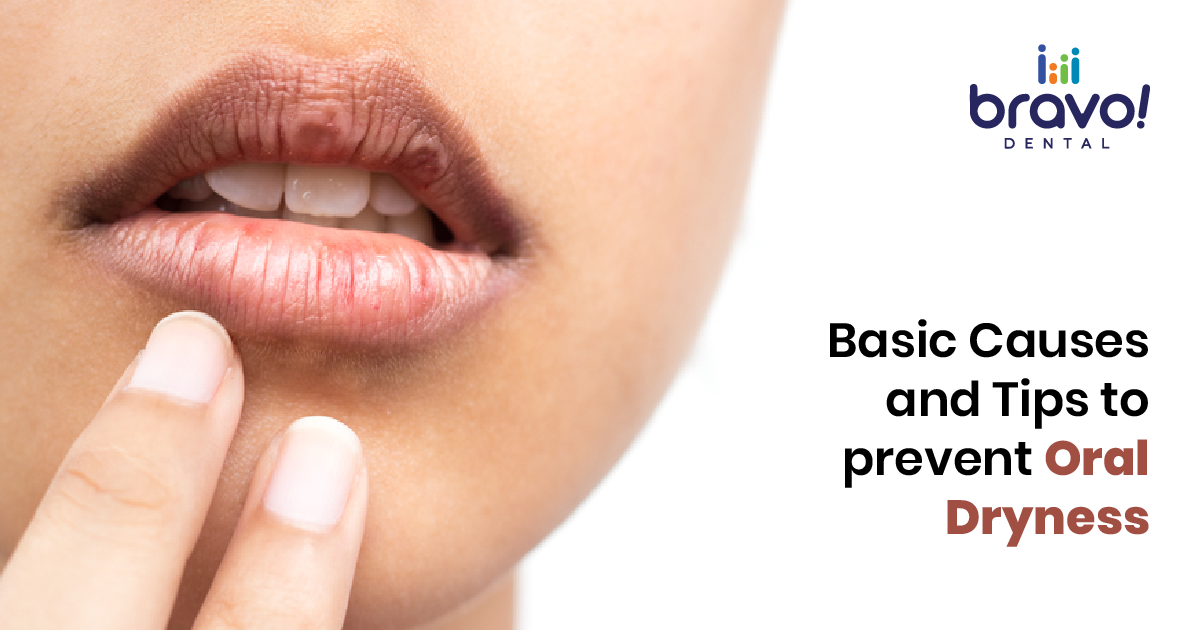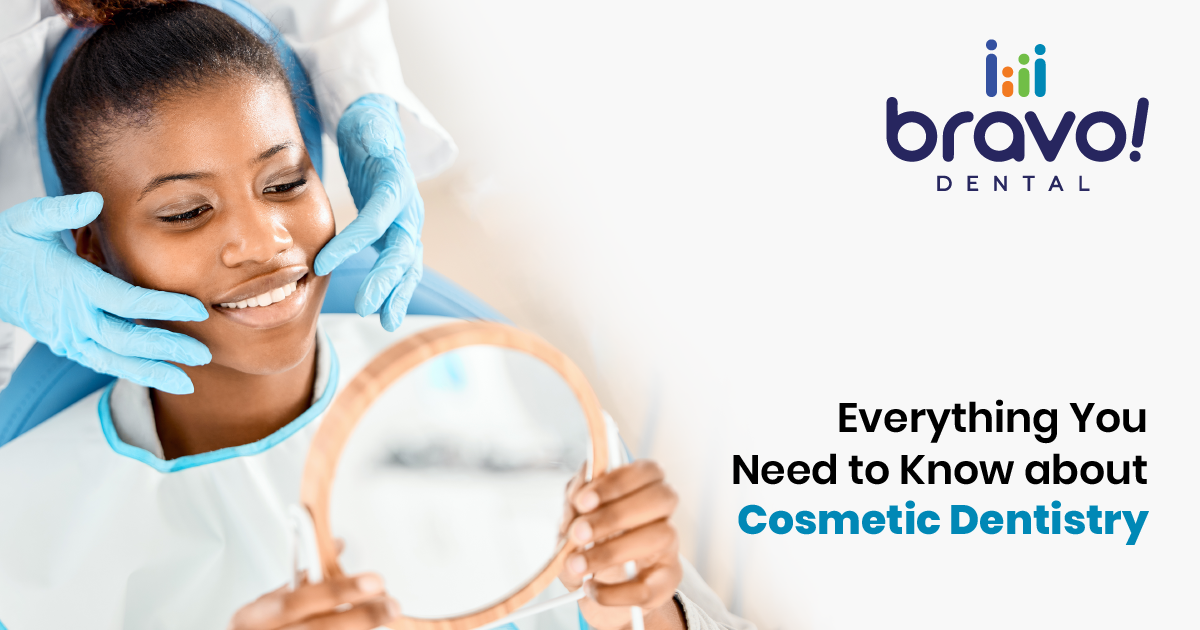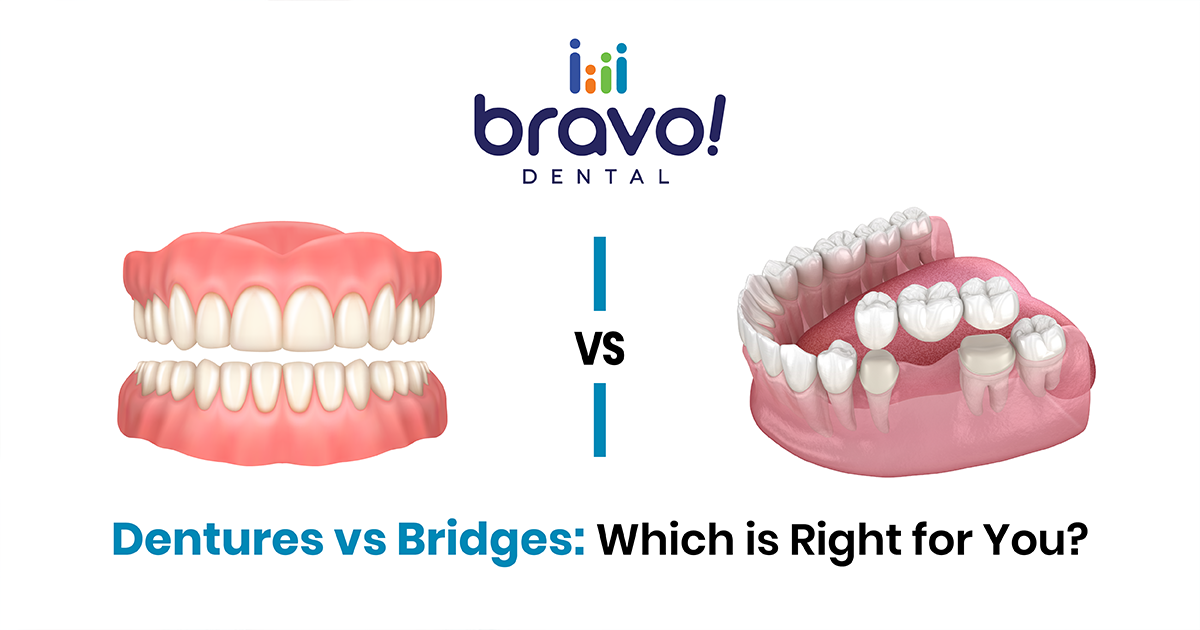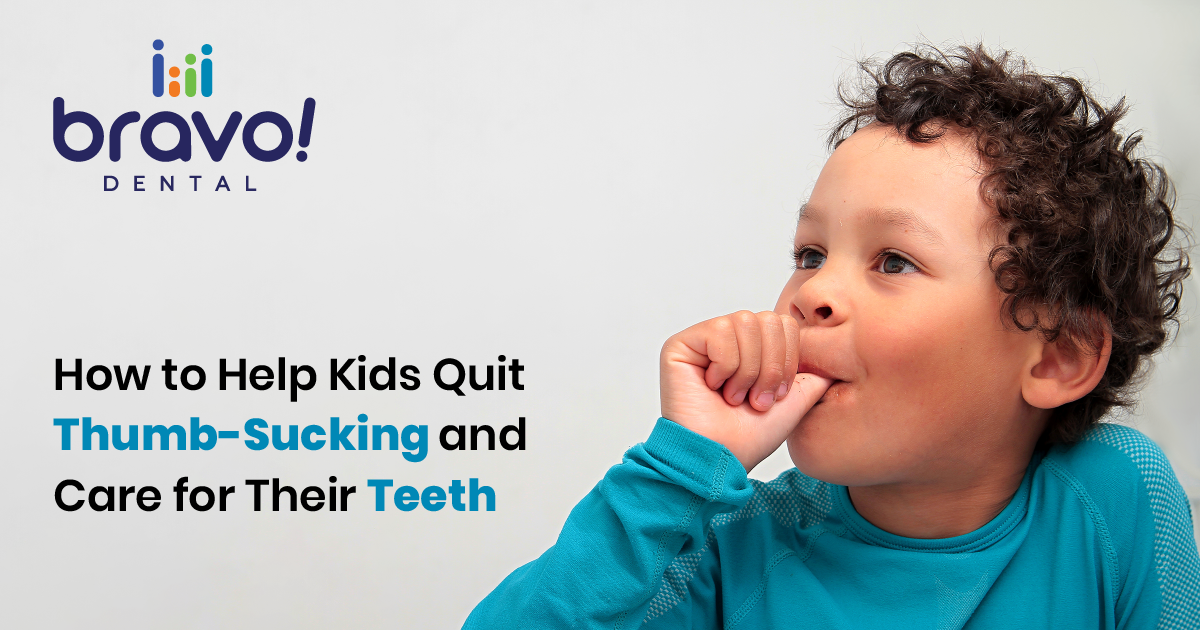
Dry mouth, also known as xerostomia, is a condition in which your salivary glands do not produce enough saliva to keep your oral cavity moist. Dry mouth is a common adverse effect of several drugs, age difficulties, and cancer radiation therapy. However, it is more commonly caused by disorders such as diabetes, stroke, yeast infection (thrust) in the mouth, Alzheimer’s disease, or autoimmune disorders like Sjogren’s syndrome or HIV/AIDS that affects the salivary glands directly.
Did you know: Saliva protects teeth from decay by neutralizing bacteria’s acids, inhibiting bacterial development, and washing away food particles. Saliva also improves your sense of taste and makes chewing and swallowing simpler. It also contains enzymes that help digestion.
Causes of dry mouth:
Dehydration: It is one of the possible reasons for dry mouth. Vomiting, diarrhea, extreme perspiration, or blood loss can all cause this. When dehydrated, your body doesn’t create as much saliva as it normally does, resulting in a dry mouth.
Medications: Many medications might cause dry mouth as an adverse effect. Drugs taken for depression, anxiety, diarrhea, high blood pressure, and asthma are the most frequent causes for dry mouth.
Radiation therapy: This treatment that involves getting radiation treatment to the head or neck can cause dry mouth. The salivary glands are damaged by radiation, which reduces saliva output.
Anxiety and stress: Your body produces more cortisol, the “stress hormone,” when you’re stressed or nervous. When cortisol levels in your saliva rise, the composition of your saliva changes, causing mouth dryness.
Aging: As you become older, you’re more likely to have dry mouth. This might be due to various factors, including health conditions, drugs, and changes in your body’s ability to metabolize prescription medications.
Snoring: Snoring with your mouth open has the same impact as snoring with your mouth closed. This can make your mouth dry or make it worse if you already have a dry mouth.
Smoking and drug usage: Extremely harmful to one’s health, Tobacco and marijuana use can impair saliva production, leaving you with a parched mouth.
Tips for preventing oral dryness at home:
Dry mouth is typically a transitory problem that may be remedied. You can usually avoid and cure dry mouth symptoms at home by performing one or more of the following:
- Consuming excess water during the day
- Consuming ice cubes
- Minimizing the intake of alcohol and caffeine
- Consuming less salt and sugar
- Avoiding tobacco usage
- Using a humidifier in your bedroom when sleeping
- Taking over-the-counter saliva replacements
- Eating sugarless hard candy or chewing sugarless gum
- Toothpastes, rinses, and mints sold over the counter
- Brushing and flossing your teeth regularly
- Avoid mouth wash that has alcohol
Getting a dental exam twice a year is extremely essential. A dry mouth can lead to tooth decay and gum disease, which can be prevented with proper oral hygiene. Your oral hygienist may prescribe artificial saliva or medicines to stimulate saliva production in your mouth.
Dry mouth isn’t a life-threatening condition by itself. It can, however, be an indication of other underlying problems that need treatment.
Dry mouth problems can be typically treated at home with self-care. However, if your problems persist, you should see a dentist. Our experts at Bravo Dental are here to assist you in overcoming dryness and restoring a healthy mouth.
happy to hear from you, contact us
Fill out the contact form below and Feel free to send any question or query.




